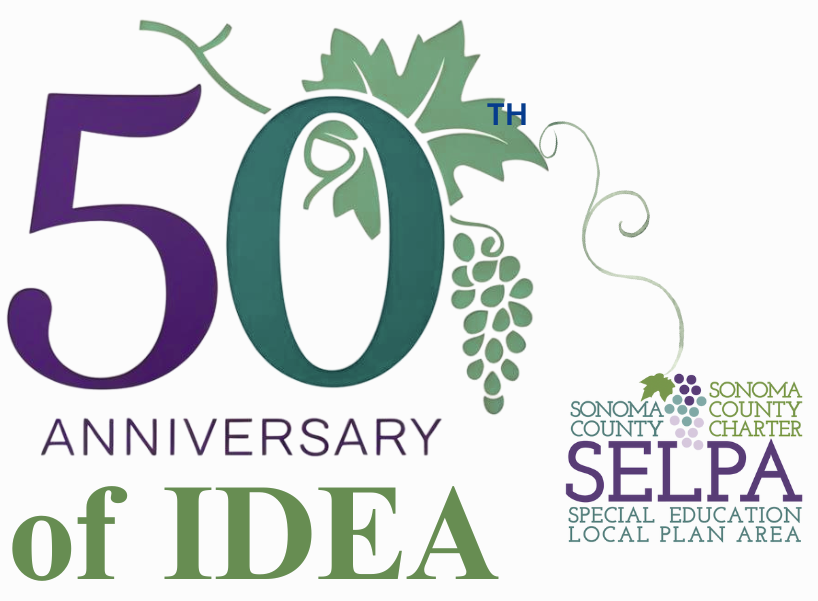



1455 Corporate Center Pkwy Santa Rosa CA 95407
March 4th, 2026 - 3:00 pm
We welcome you to attend this free annual event, currently in it's 18th year, which is designed to help students and their families learn about services for individuals with disabilities as they transition from school-based programs to adulthood.
Service providers will be at the event to provide information and answer questions about residential options, adult day programs, vocational training, post-secondary education, employment, support services, and much more. Please join us on March 4th, 2026 from 3-6PM; location is Backdrop Event Center, 1455 Corporate Center Pkwy, Santa Rosa, CA 95407.
Information regarding social security benefits and employment, and CalABLE accounts will also be available!
If you are experiencing any symptoms of illness, including flu, COVID-19 or have been diagnosed with any contagious illness within 10 days of the event, please do not attend the fair. All vendors are available to discuss with you and your family individually their services and supports.
Spanish and ASL interpreting will be available.
Le invitamos a asistir a este evento anual gratuito. Actualmente en su decimoséptimo año, está diseñado para ayudar a los estudiantes y a sus familias a informarse sobre los servicios de transición de los programas escolares a la edad adulta para personas con discapacidades.
Proveedores de servicios estarán en el evento para brindar información y responder preguntas sobre opciones residenciales, programas matutinos para adultos, capacitación vocacional, educación postsecundaria, empleo, servicios de apoyo y mucho más. Únase a nosotros el 18 de febrero de 2025 de 3:00pm a 6:00pm. La ubicación es El Evento, 1455 Corporate Center Pkwy, Santa Rosa, CA 95407.
¡También habrá información sobre beneficios de seguro social, empleo y de cuentas CalABLE!
Si tiene algún síntoma de COVID-19 ó le han diagnosticado COVID-19 dentro de los 10 días posteriores al evento, no asista a la feria. Todos los proveedores están disponibles para hablar con usted y su familia individualmente sobre los servicios y apoyo disponible.
Habrá interpretación en español y American Sign Language (lenguage de señas)

Virtual Via Zoom
March 5th, 2026 - 1:30 pm
Intended Audience
This session focuses on building skills for effective interdisciplinary assessment of preschoolers. Participants will learn to review records, design and conduct interviews, and perform dynamic assessments that provide a complete portrait of their students' skills and areas of need. The focus is on interdisciplinary practice and collaboration.
Participants Will
SCOE: 5340 Skylane Boulevard, Santa Rosa, CA 95403
March 6th, 2026 - 8:30 am

Virtual
March 16th, 2026 - 2:00 pm
This is part 4 of a 4 part series.
Sonoma SELPA proudly offers this 4-part series to learn about the Teaching Pyramid Model to support our young students' social-emotional learning and positive behavior supports. Those who attend all four sessions will be entered in a raffle to win a complete Pyramid Model classroom kit.
Mon, 1/12, 2:00-4:00. In person (SCOE)
Tues, 2/3, 2:00-4:00. Virtual
Tues, 2/24, 2:00-4:00. Virtual
Mon, 3/16, 2:00-4:00. Virtual

SCOE: 5340 Skylane Boulevard, Santa Rosa, CA 95403
April 29th, 2026 - 8:00 am
Developed by the Crisis Prevention Institute (CPI), this workshop offers a behavior management system designed to help individuals working with people who are in crisis to maintain safety and security for all involved. The program focuses on prevention, de-escalation, personal safety, and physical intervention techniques. It aims to empower staff to manage difficult situations effectively and responsibly.
Objectives: